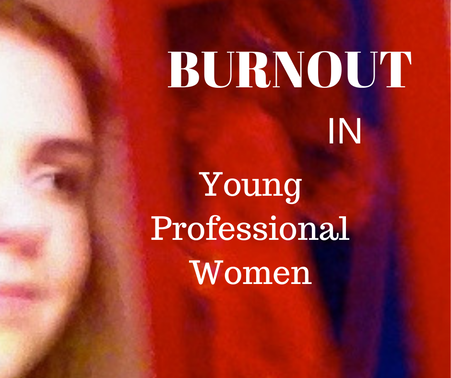|
CHRISTMAS ANXIETY. As we march into the Festive Season, with many people are looking towards the break and the slower pace of the holidays, yet not everyone finds Christmas joyful. Christmas is also a time of overwhelming financial and emotional stress, in fact Christmas is considered as one of the six most stressful life events, along with divorce, moving house and changing jobs. Those more affected by the Christmas stress are more likely to suffer deleterious health and mental health effects at this time, and it is also a time where relationship strain is at its peak. This is because social bonds are so important to our well-being as humans, that when these bonds are strained or broken we suffer.
The theme of connectedness, family and joyful communion with others that surrounds Christmas for some people is in stark contrast to the reality of their strained relational bonds with family and friends. The contrast increases distress, feelings of loneliness and isolation. The distress of feeling disconnected from others leads generally to two types of behaviours: 1.) Withdrawing from others, in order not to feel the acute pain of the separateness, such as keeping away from Christmas family events. or 2.) Protesting to re-establish the connection, this is seen in the active conflict such as arguments and fighting amongst spouses and family members. In family systems, the relationship dance of the withdrawer triggers the protest in the pursuer and vice versa, and relationship cycle gets stuck in this negative loop. For the individual stuck in this cycle it can increase the likelihood of depression and anxiety; for the couple it increases the chance of separation; and the family it may result in estrangement between family members. Getting help early in December to support you and or your loved ones through this period may be help in developing strategies to manage the stress around the Christmas period and also longer term improve relationship patterns in the family system.
|
Sally Gatt
Is a Clinical Psychologist, who has a passionate interest in relationships from conception to our last breath. Every aspect of our life is shaped by the relationship we have with the world around us, the people that inhabit our life's journey and our internal relationship with the self. It is the conundrum of Relationship that took me into psychology, with its life giving force and annihilating consequences which we navigate throughout our lives. It is in this place of curiosity about Relationship I assist people (individually, couples, families and groups) in therapy move through the issues that have made them stuck in their life, connect more fully with them self and others, heal old hurts or change enduring patterns and grow towards living a fuller, happier, more contented life; where they and not the ghosts-of-the-past are in the driver's seat steering towards a brighter future of their own chosen destiny. These musings (blog posts) are about many aspects of life and struggles that I see in my clinic and the world around me. ArchivesCategories |



 RSS Feed
RSS Feed